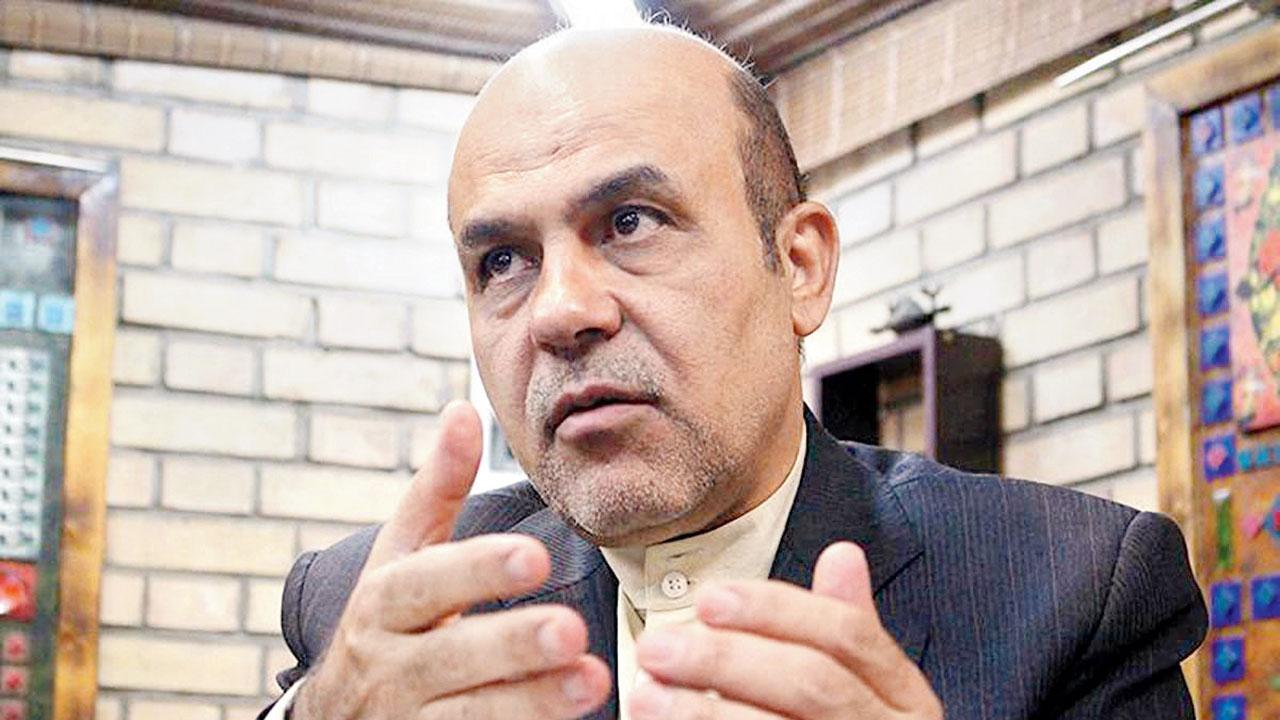It also harkened back to the mass purges of the military that immediately followed Iran’s 1979 Islamic Revolution

Former Iranian deputy of defence minister, British-Iranian national Alireza Akbari, during an interview in Tehran. Pic/AFP
Iran said on Saturday it had executed a dual Iranian-British national who once held a high-ranking position in the country’s defense ministry despite international warnings to halt his death sentence, further escalating tensions with the West amid the nationwide protests now shaking the Islamic Republic.
ADVERTISEMENT
The hanging of Ali Reza Akbari, a close ally of top security official Ali Shamkhani, suggests an ongoing power struggle within Iran’s theocracy as it struggles to contain the demonstrations over the September death of Mahsa Amini. It also harkened back to the mass purges of the military that immediately followed Iran’s 1979 Islamic Revolution.
Akbari’s hanging drew immediate anger from London, which along with the US and others has sanctioned Iran over the protests and its supplying Russia with the bomb-carrying drones now targeting Ukraine. “This was a callous and cowardly act, carried out by a barbaric regime with no respect for the human rights of their own people,” British Prime Minister Rishi Sunak said.
Also Read: Iran executes two men amidst nationwide protests since September
Iran has alleged, without providing evidence, that Akbari served as a source for Britain’s Secret Intelligence Service, known popularly as MI6. A lengthy statement issued by Iran’s judiciary claimed Akbari received large sums of money, his British citizenship and other help in London for providing information to the intelligence service. However, Iran long has accused those who travel abroad or have Western ties of spying, often using them as bargaining chips in negotiations.
Akbari, who ran a private think tank, is believed to have been arrested in 2019, but details of his case only emerged in recent weeks. Those accused of espionage and other crimes related to national security are usually tried behind closed doors, where rights groups say they do not choose their own lawyers and are not allowed to see evidence against them. Iranian state television aired a highly edited video of Akbari discussing the allegations, footage that resembled other claimed confessions that activists have described as coerced confessions.
This story has been sourced from a third party syndicated feed, agencies. Mid-day accepts no responsibility or liability for its dependability, trustworthiness, reliability and data of the text. Mid-day management/mid-day.com reserves the sole right to alter, delete or remove (without notice) the content in its absolute discretion for any reason whatsoever
 Subscribe today by clicking the link and stay updated with the latest news!" Click here!
Subscribe today by clicking the link and stay updated with the latest news!" Click here!







